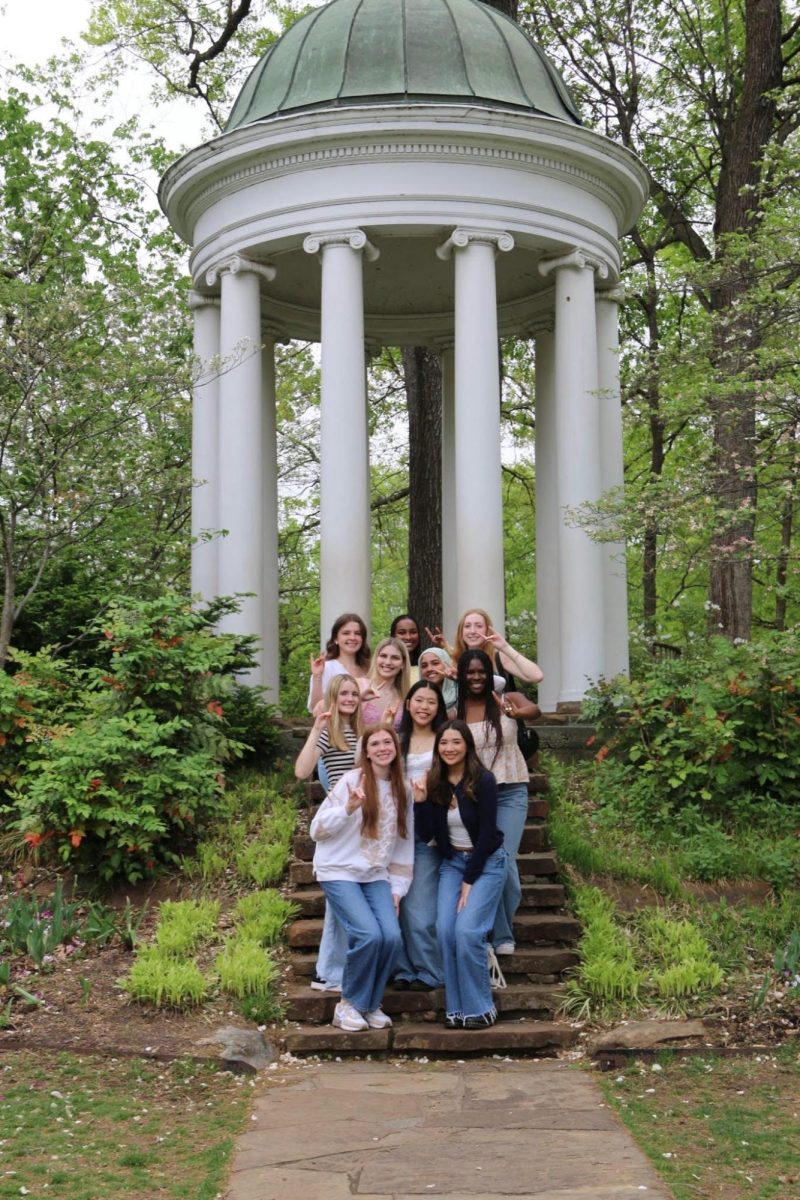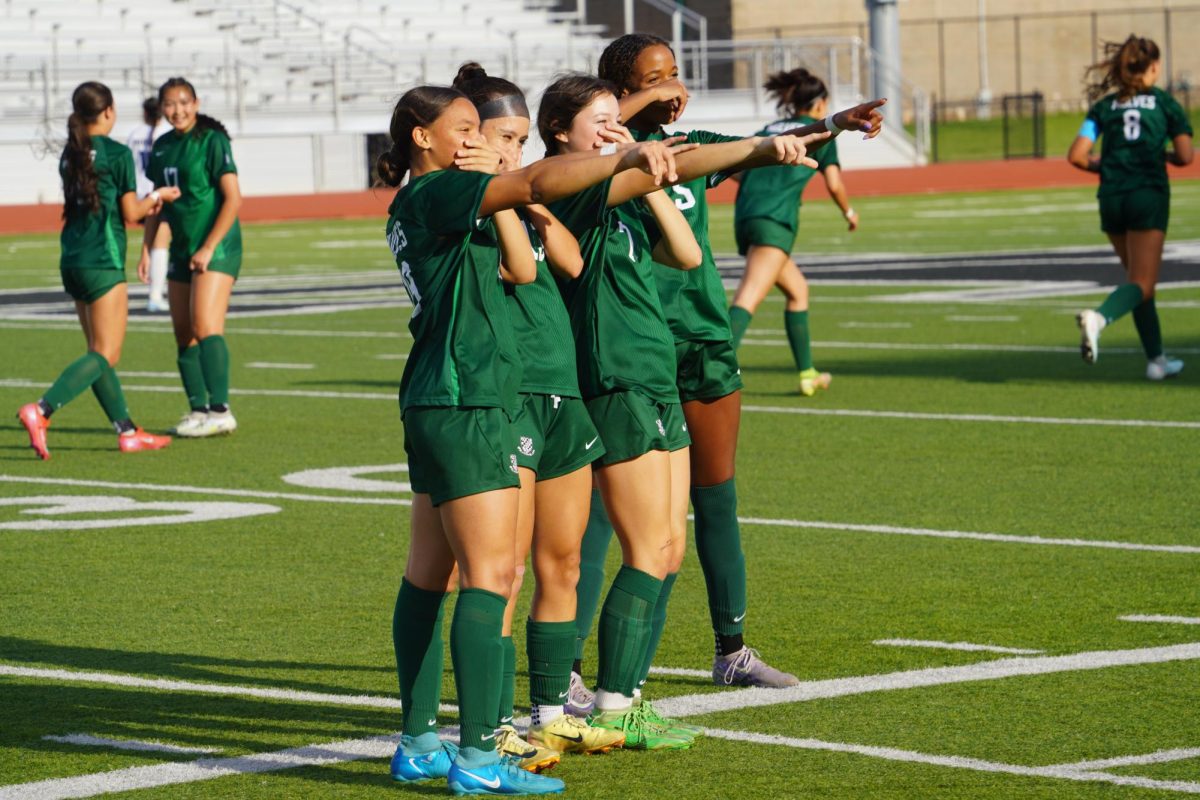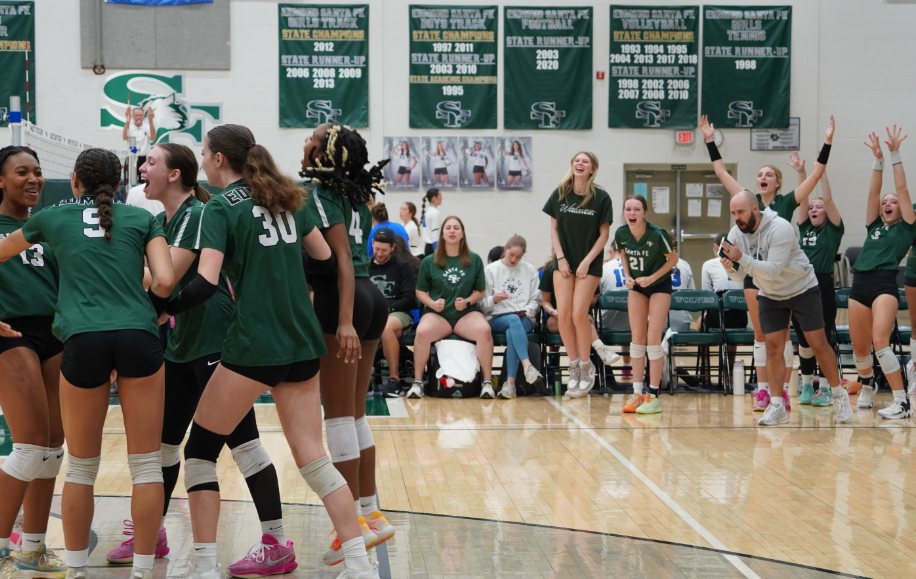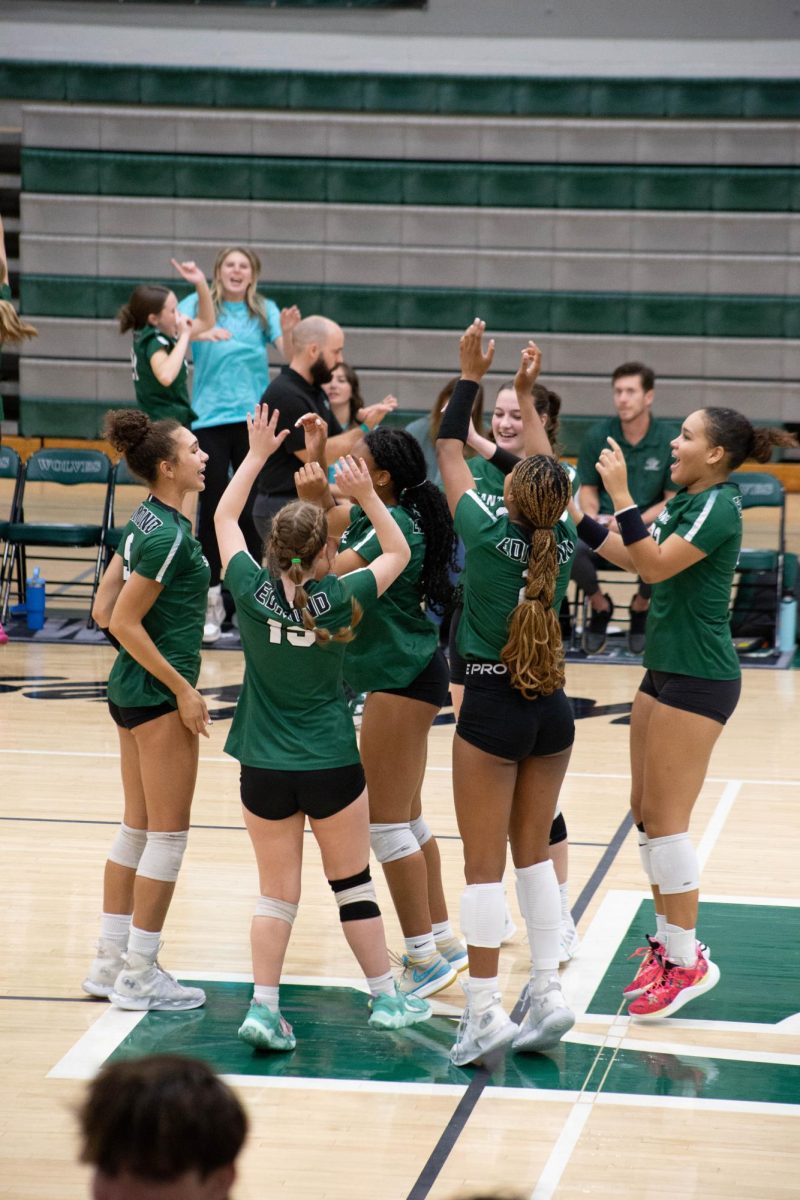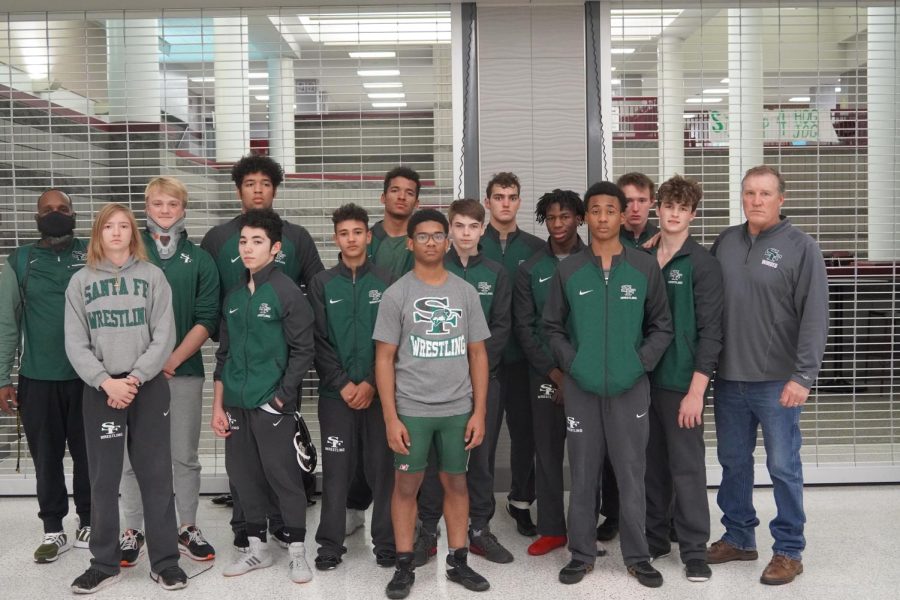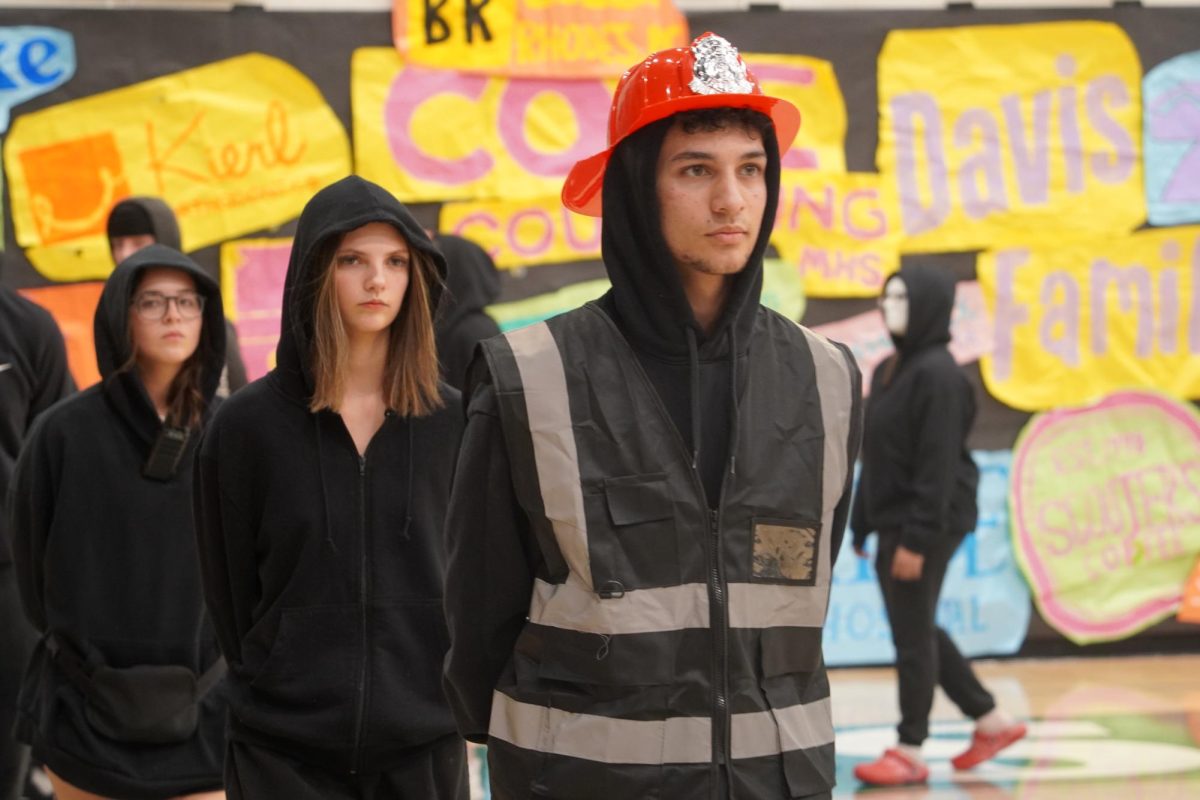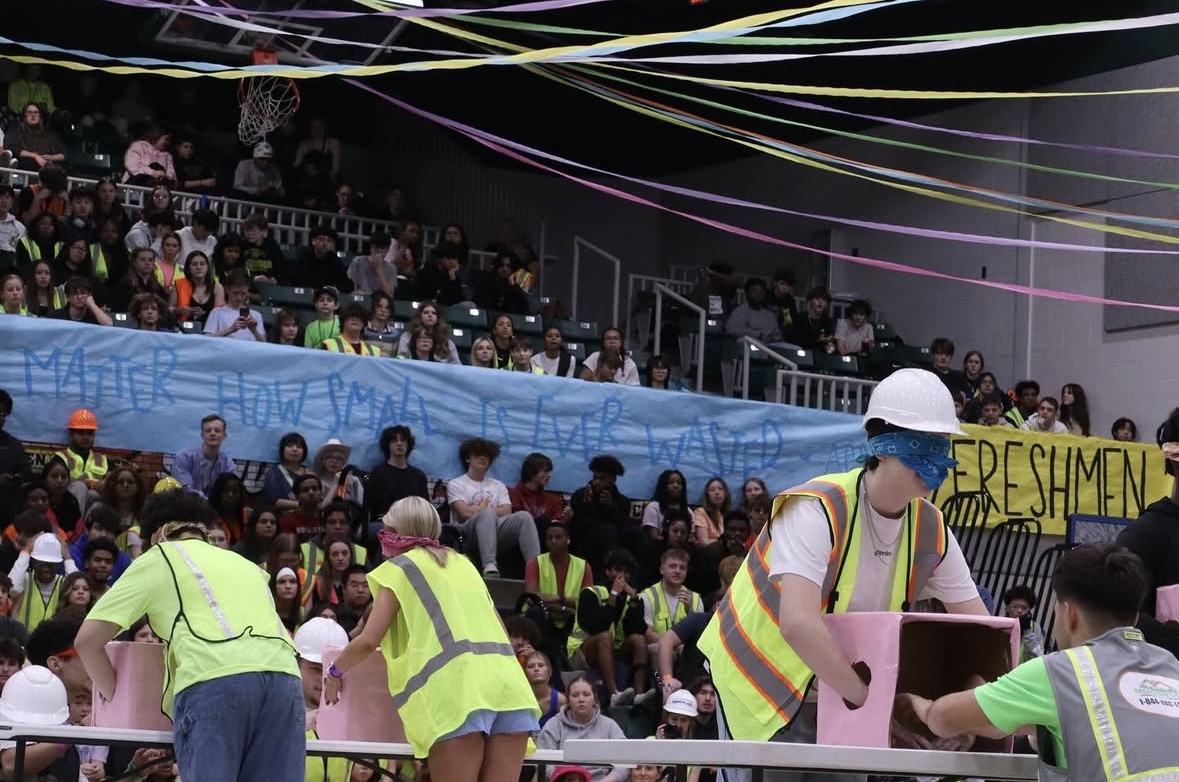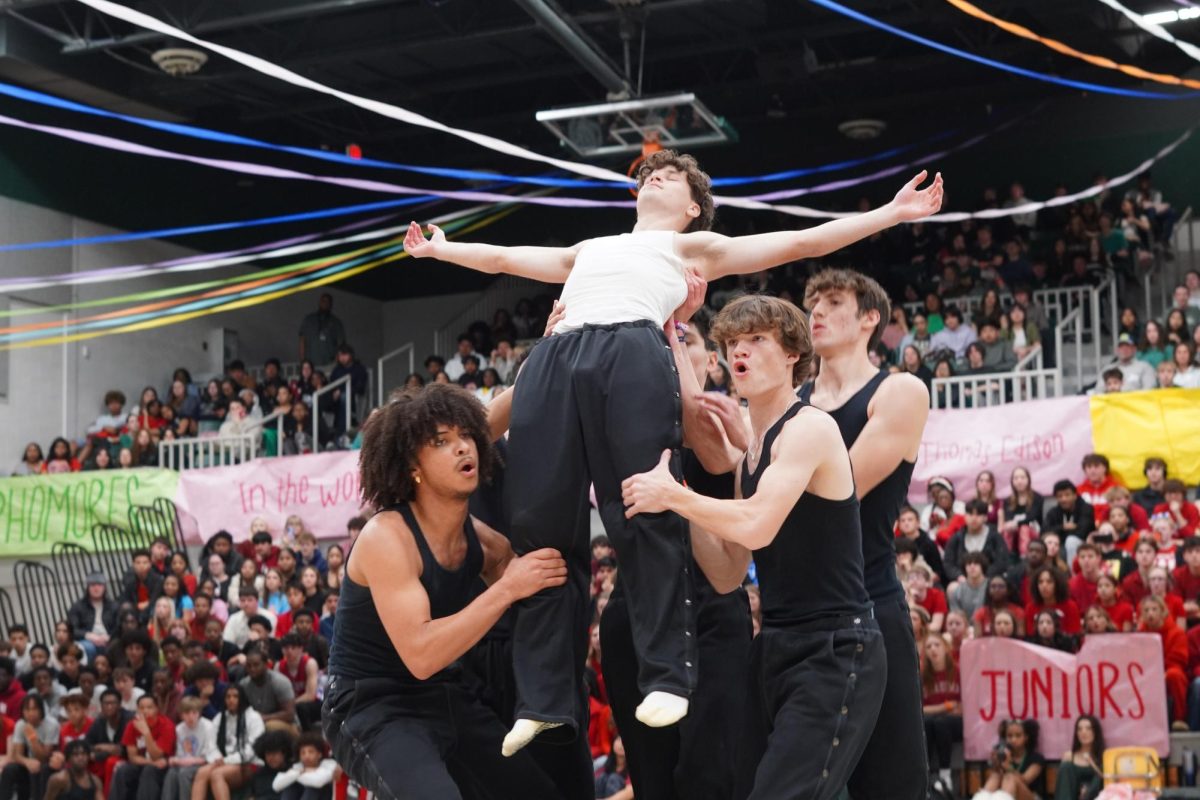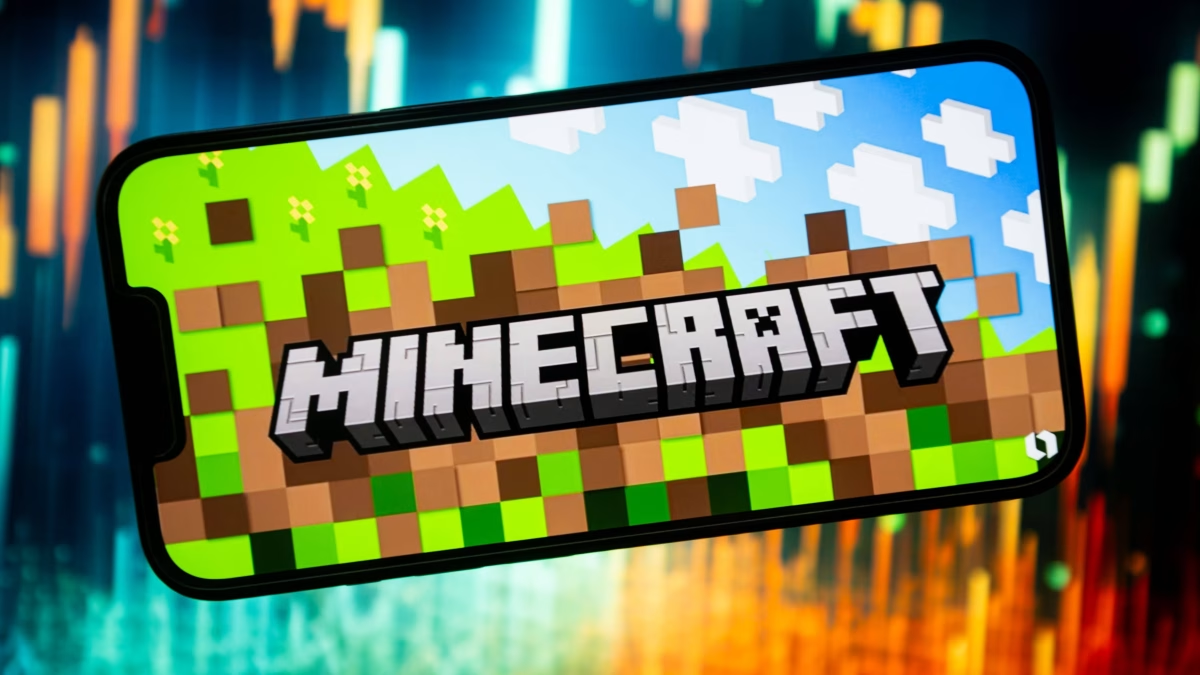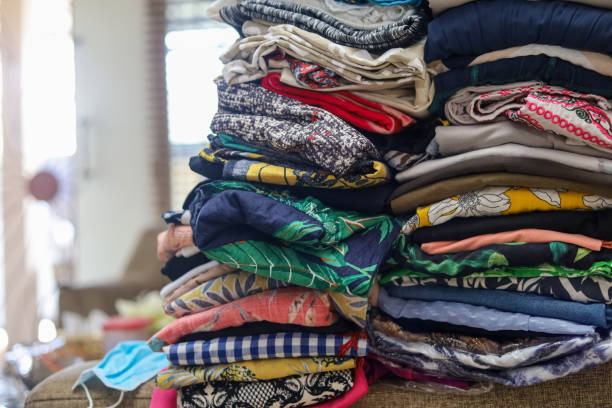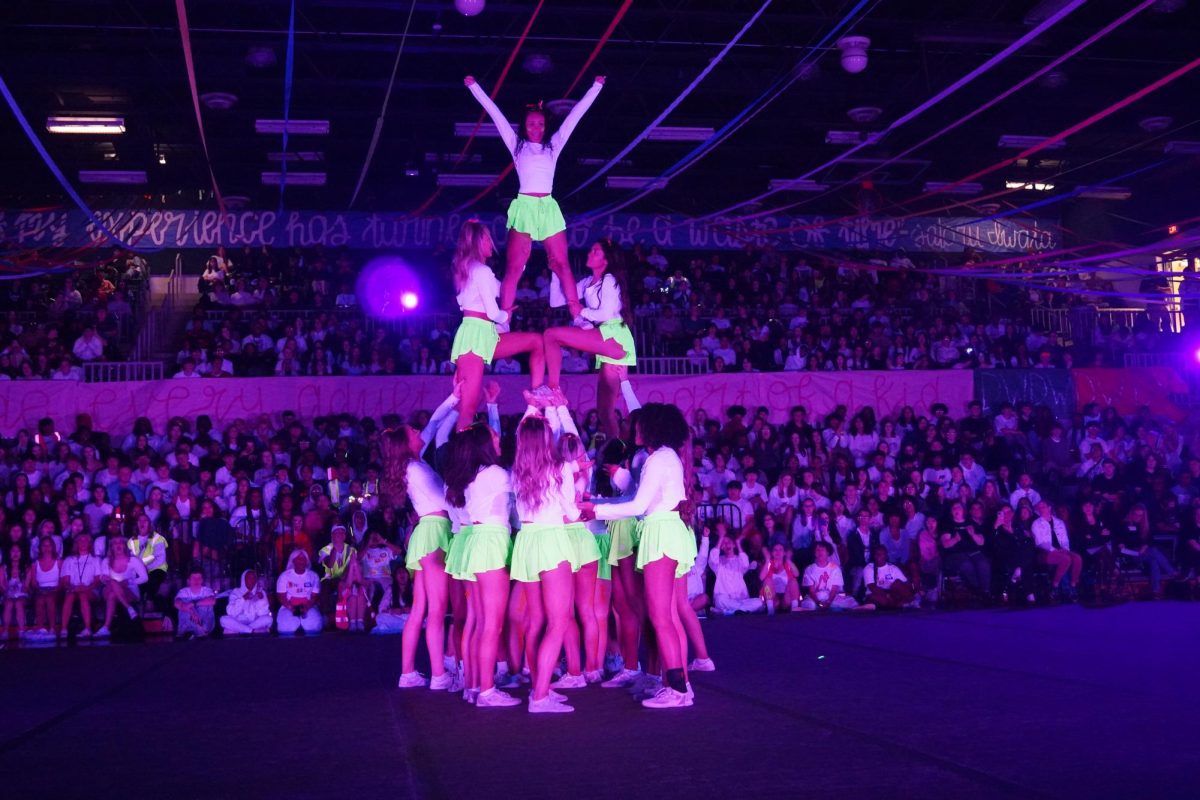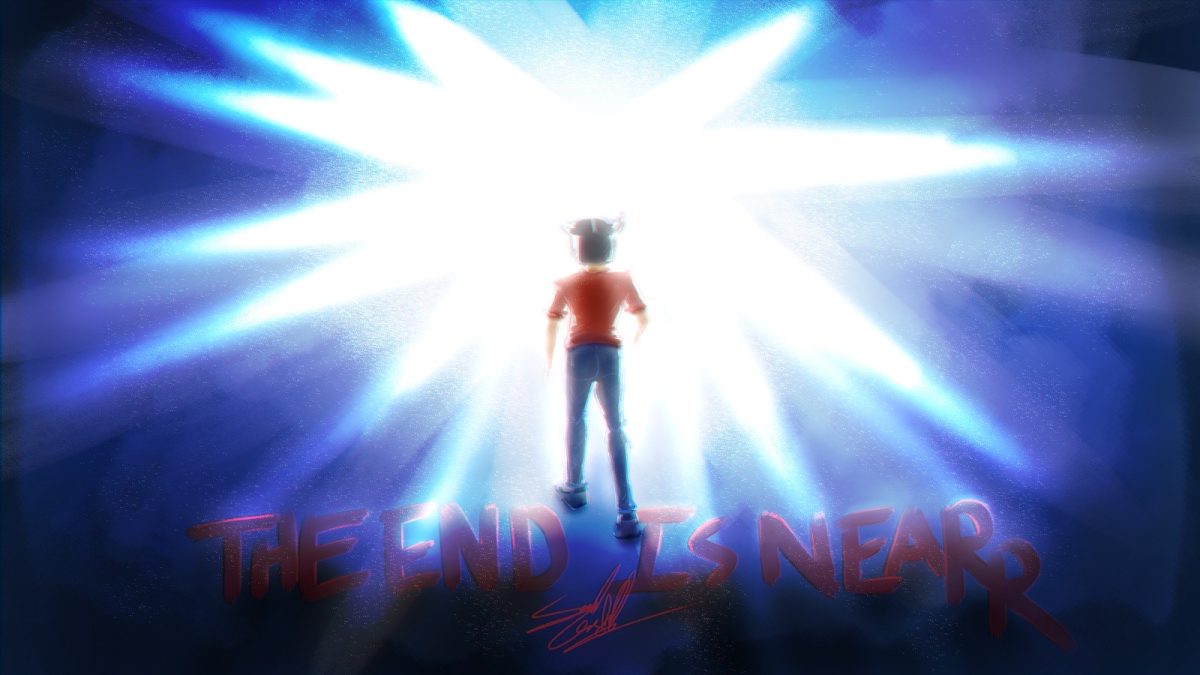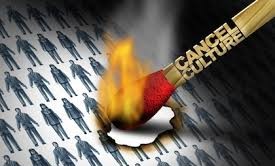Cancel culture: The 21st century villain
December 1, 2020
Pop Culture Dictionary defines Cancel Culture as ¨the popular practice of withdrawing support for (canceling) public figures and companies after they have done or said something considered objectionable or offensive. Cancel Culture is generally discussed as being performed on social media in the form of group shaming.¨
Social media has many positive attributes for our generation such as connecting us all, raising awareness and giving a voice to the generation that society says is ¨too young¨ to speak out about worldly topics. However, what ultimately destroys that unity within social media is the rise of Cancel Culture. Cancel Culture is anyone’s worst nightmare. Celebrities and ordinary people alike can be ¨cancelled¨ by old videos of them oppressing a minority or by partaking in an event or activity that their viewers collectively deem as ¨cancel worthy.¨
Once a celebrity is cancelled, it is an uphill battle to keep their reputation in the media in a positive light. Cancel Culture is a form of bullying within the media. It makes individuals afraid to express themselves on social media out of fear that past mistakes may resurface. The fallout from this type of bullying can cause rumors to circulate that are based on incorrect information which can be harmful to the victim. This reiterates the ongoing cyber trolling issues since the inception of social media: it is easier to critique someone from behind a screen than recognize one’s own faults.
However, there are some celebrities that fans view as ¨impossible to be cancelled¨, such as Tana Mongeau and Trisha Paytas. They don’t crack under the pressure of the brutal comments on their posts. Usually these people are individuals that have been a part of social media for a long time and have grown a name and reputation for themselves. They have devoted fans that have grown up with their content, and therefore it would take a lot for their fanbase to abandon their content. Most of the time the newer influencers are the ones that the public tries to cancel- ironically,it is this cancelling that provides the biggest boost to up and coming celebrities.
Cancel Culture doesn’t just affect celebrities; it affects every user of social media within the 21st century. Every post that a user shares is automatically critiqued by every viewer. So, if one has a differing opinion than their immediate peers, they could very well be cancelled. Because of this, many don’t post on social media out of fear of what their followers are saying about them. Whether their opinion is socially correct or not, individuals are entitled to say what they believe and think; unfortunately, the moral standard of social media often discourages them from voicing their beliefs.
Although social media has many positive aspects, they are unfortunately undermined by the power of Cancel Culture. It is extremely toxic and can easily lead to a decrease in self confidence to the younger generation. However, it is not a problem without a solution. We can stop this Cancel Culture by just simply believing that people make mistakes but they also learn and grow from them.








